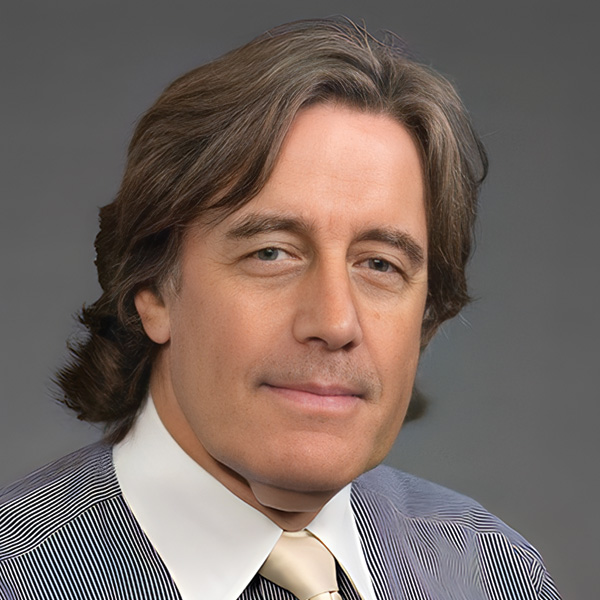At the turn of the Millennium, I was Pro-Vice-Chancellor in the University of Liverpool. I proposed to my senior colleagues that we hold a series of lectures, five at the end of 1999 and five at the beginning of 2000, given by outstanding intellectuals, who could discourse about the significance of this event, to themselves, their discipline and the community at large. I was intent on securing acceptances from Nobel Laureates, or their equivalent, and was delighted when Seamus Heaney, the Irish poet, agreed to address our audience on ‘Literature’. It was during that evening that my personal interest in poetry was initiated. Of considerable interest was the fact that Seamus was Professor of Poetry at Oxford University from 1989 to 1994; his duties involved giving a series of lectures. He collected the text of these lectures in a book entitled “The Redress of Poetry” (Faber and Faber, 1995); the concept of redress here is explained quite simply by stating that poetic imagination seeks to redress whatever is wrong or exacerbating in the prevailing conditions. He quotes the American twentieth century poet Wallace Stevens, who declared that the poet ‘creates the world to which we turn incessantly and without knowing it…. gives life to the supreme fictions without which we are unable to conceive of that world’, which Heaney explains as if our given experience is a labyrinth, its impassibility can still be countered by the poet’s imagining some equivalent of the labyrinth and presenting himself and us with a vivid experience of it.
Much has been written about the interactions between philosophy and poetry, starting with Plato, who vehemently disliked poetry, saying that ‘the influence of poetry is pervasive and often harmful’; a good collection of essays on this subject, ‘The Philosophy of Poetry’ was published recently by John Gibson (Oxford University Press, 2015).
Professionally, I am neither a philosopher nor poet, but the above explanations resonate with me. As I state in “A Decade of Transition”, I started to write poetry when I felt a need to produce pieces that did not have to be factually correct, as with my scientific, medical and legal outputs, but which allowed emotion and imagination to dictate the writing; I did not see the connection with philosophy, nor did I see any need to redress anything. However, as time has passed, I can see that my poetry has taken on a different style, encompassing some of these nuances. An everyday thunderstorm is reflected in “Symphonia in the Sky” in the Cul de Sac Trilogy, “Black Lives, But Not Blackness Itself, Matter” provides an alternative view of racism, and “Life and Soul of the Party” imagines a feature of organ transplantation that is not normally discussed.
Readers of my poems (or any poems for that matter) should not consciously look for these nuances; the interpretation of poems belongs to the minds of readers as much as to the intentions of the poets. Some of my poems were written within hours of an event happening, as with “Manchester” and “Notre Dame” in the European section of Hiraeth and Ubuntu; others, especially in the Special Collections of Hiraeth and Ubuntu, took weeks or months. Seamus Heaney’s labyrinths may be obvious to some but not others; that is one of the beauties of poetry.


